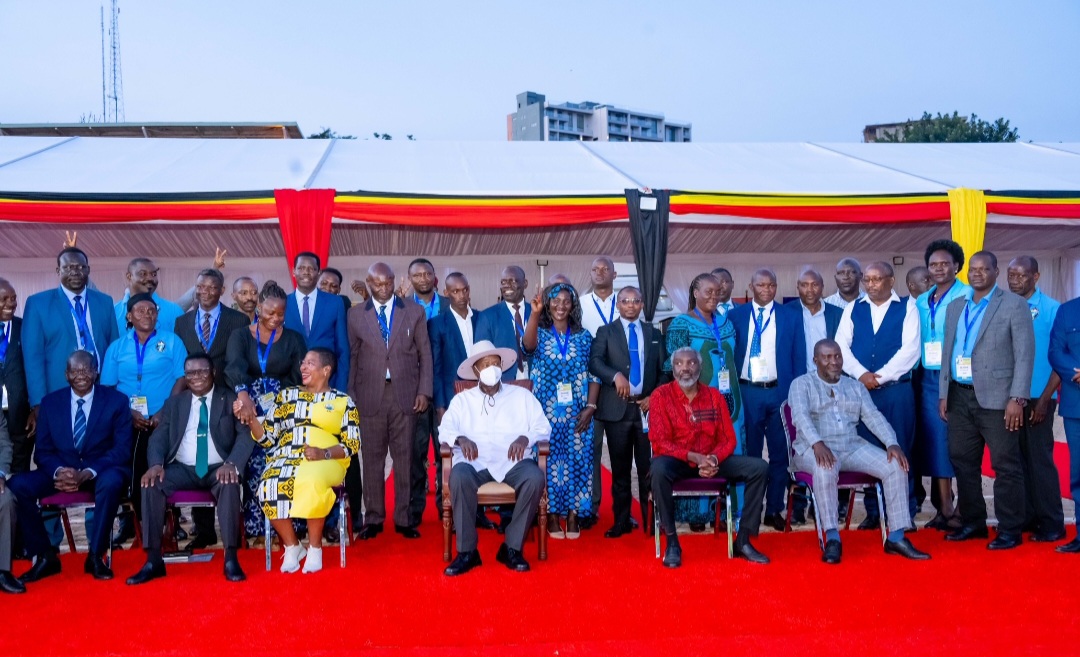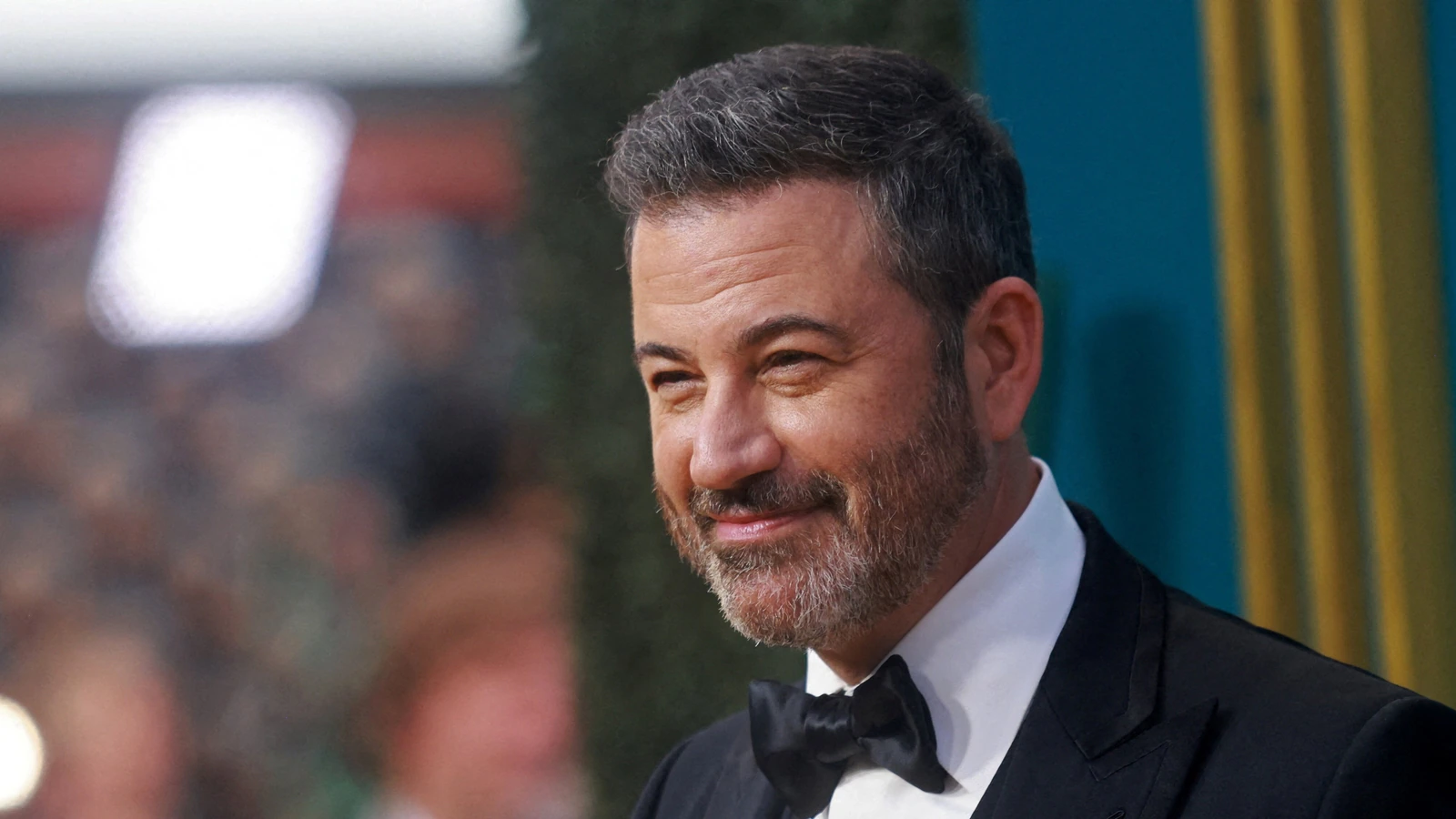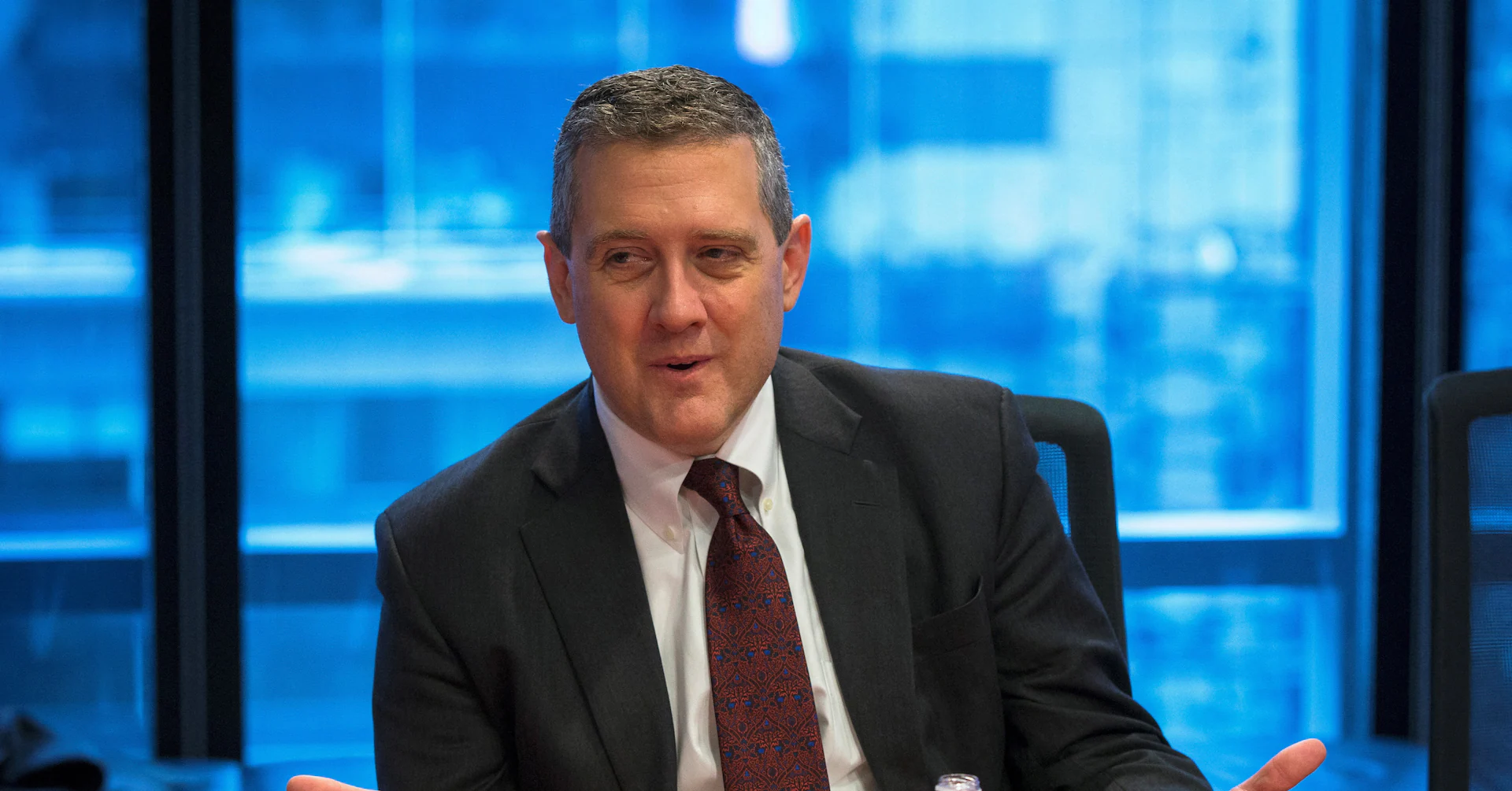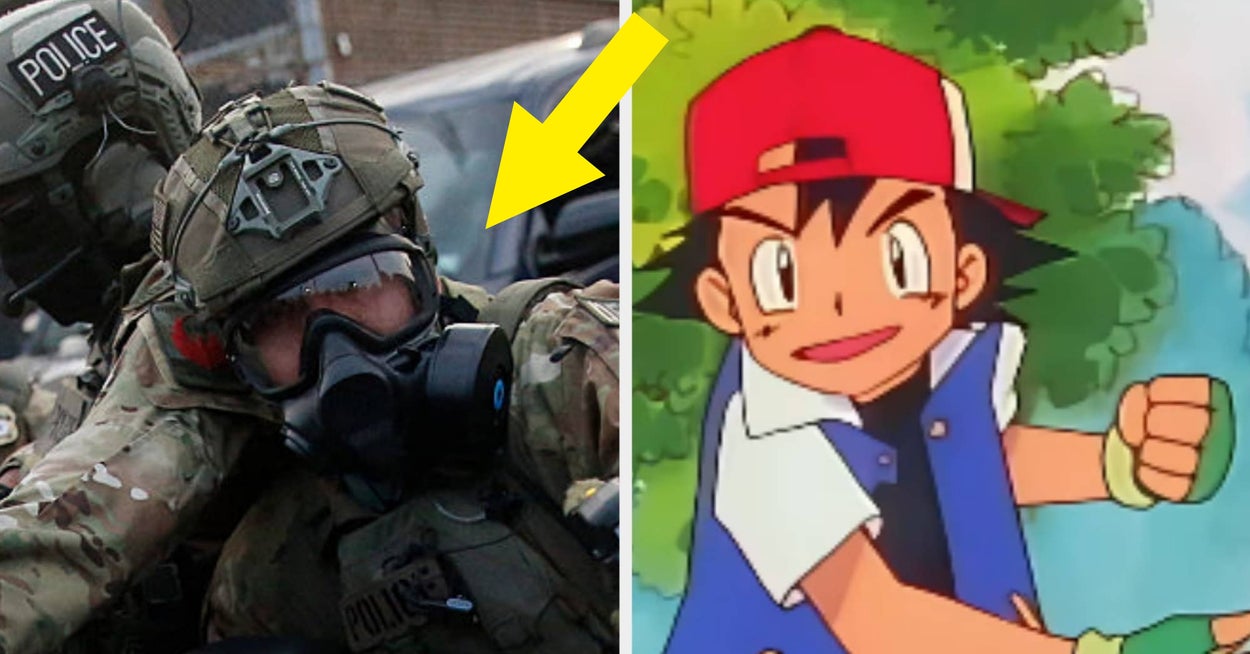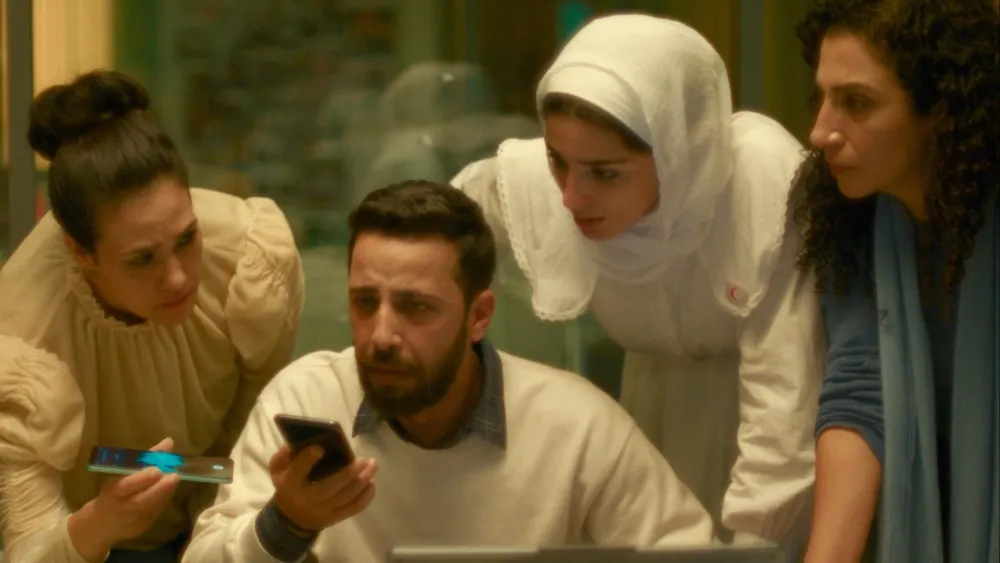
In his editorial welcoming audiences to the 52nd edition of Belgium’s leading Film Fest Ghent, taking place between Oct. 9-18, program director Wim De Witte emphasized that “we find ourselves in a world where facts surpass fiction.” He went on to call films like Kaouther Ben Hania’s Venice-winning “The Voice of Hind Rajab” and Kateryna Gornostai’s “Timestamp” “essential viewing,” saying “they create space for empathy and make visible what might otherwise remain unseen.”
Speaking with Variety ahead of this year’s edition, De Witte emphasized it was “important” for him to make such a statement in a year like 2025, where conversations around politics and war heavily affect a festival’s programming choices. “It’s a complicated time for programming,” he says. “We signed the pledge of the Film Works for Palestine and want to be open about what we stand for. We also hope, of course, that these stories we are spotlighting might open the eyes of people who are perhaps not as aware of what is happening in the world.”
Asked whether he has faced any resistance from the local and broader cultural community when dealing with such decisions, De Witte says it has not been the case since Film Fest Ghent has a long tradition of taking open and honest political stances. “What we are doing now with Gaza is similar to what we did with Ukraine. At that moment, we decided not to invite state-funded films from Russia. This is the same position we are taking now with Israel, not inviting any state-funded films.”
“We do think that during the festival there might also be some people speaking up,” he adds. “Let’s see how that evolves. We’re always open and want to encourage people to speak up. By doing it ourselves, we hope to create a safe space for people.”
Hundreds of films join Ben Hania in the festival’s bustling program, from renowned directors in Kelly Reichardt’s “The Mastermind,” Luca Guadagnino’s “After the Hunt” and Yorgos Lanthimos’s “Bugonia,” to big festival hits by up-and-coming voices such as Sophy Romvari’s Locarno-winning “Blue Heron” and Jaume Claret Muxart’s “Strange River.”
Homegrown talent is also on display in Ghent, with Cato Kusters’s “Julian” opening the festival on Oct. 8. The tender drama follows two women who fall madly in love and decide to get married in every country where they’re allowed to do so and marks the director’s return to the festival after winning Best Belgian Student Short for “Finn’s Heel” in 2022. “It’s always nice to follow up on these talents,” says De Witten. “We had the same with Felix Van Groeningen (“The Broken Circle Breakdown”), Lukas Dhont (“Close”) and Adil El Arbi and Bilall Fallah (“Bad Boys for Life”). They all won with student films at the festival and then returned many times.”
Bookending the festival is Harris Dickinson’s “Urchin,” another feature debut in a year of many in Ghent. “As a festival, you always try to look for the new voices and new ways of telling stories, and so often you find these within first features because at that moment filmmakers can still experiment a lot more,” says De Witte. “‘Urchin’ was a film we saw in Cannes and were really impressed by the way Harris tells this familiar story in such a different way. We wanted it in the program either in competition or closing the festival and are very happy to have it.”
Alongside film and film music, the festival will also showcase two high-profile Flemish television series in Studiocanal’s six-part thriller “This Is Not a Murder Mystery” and the eagerly awaited second season of audience favorite “Roomies.” Both series will premiere later in the year on Belgium’s public broadcaster, VRT.
Looking at the past, Ghent will host a wide-spanning retrospective on the work of renowned British filmmaker Nicolas Roeg, curated by former program director Patrick Duynslaegher. The retrospective comprises 14 features, including Roeg’s work as a cinematographer in François Truffaut’s “Fahrenheit 451” and Roger Corman’s “The Masque of the Red Death” as well as some of his major directorial hits in “Don’t Look Now” and “The Witches.”
“Duynslaegher is a walking film encyclopedia here in Flanders,” says De Witte. “Before he was at the festival, he was one of the major critics in Belgium, and we work with him to create retrospective programs. Patrick had been wanting to do a program on Roeg for years. If you look back at our programs, you’ll see we had things like ‘The Witches’ as part of young composers a few years back, and, at that stage, Patrick already wanted to do the retrospective.”
With a whole section dedicated to Roeg, it came naturally to the festival to invite the director’s long-time contributor and former spouse, Theresa Russell. The lauded actor will be in town not only as the festival’s guest of honor but also as the president of the jury, as well as the recipient of a Joseph Plateau Honorary Award.
Commenting on the role of festivals like Ghent today, De Witte is glad to see that, despite the world changing massively since he first began working at the festival as an intern over three decades ago, “there are still great films being released and people are still attracted to seeing them big.”
“To have someone pointing out new voices you might not otherwise be able to see is important,” he adds. “I hope our audiences regard us as a guide through the thousands of films being released each year and that they will take the opportunity to meet filmmakers at the festival and continue those conversations outside the cinema.”
